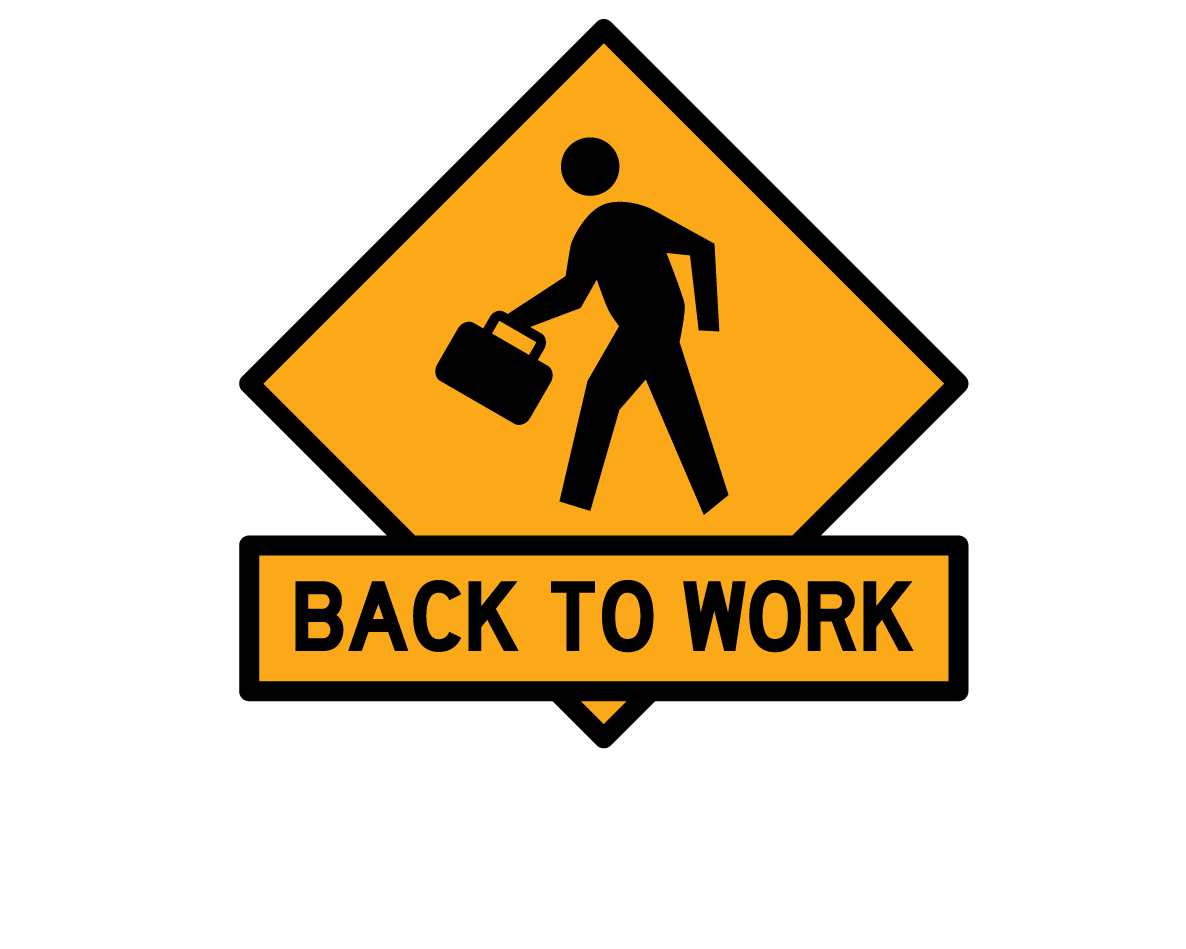
02 Feb Extended Time Off? How to Get Back to Work
Over the years I have worked with a number of civil engineers who have been laid off, put on medical leave, or who have taken a few years off to step away from their career in order to raise their young children. My experience in recruiting civil engineering professionals is that one is much more marketable when he/she is employed, rather than unemployed, no matter what the circumstance. The challenge then is finding a way to return to the work force after an extended period of time off. When trying to re-enter the work force, unless you have a personal connection with a potential employer, you are battling a number of stigmas and often ill-advised perceptions:
- You must be sub-par talent, otherwise why would you have been let go / not been able to find a new job?
- Since you’ve been out of work, you have lost your technical “edge”
- Since you’ve been out of work your contacts have faded
- You left for medical reasons, so you are a risky hire
Let’s face it, sometimes those perceptions are indeed realities, but often times they are not. So what steps should you ABSOLUTELY be taking while you are “in limbo” in order to successfully climb back into the profession that you spent so many years working in originally and going to school for? Here are a few thoughts and suggestions:
Out of sight, out of mind. If you have NOT: stayed in regular contact with your peers and colleagues by checking in every once in a while via phone or grabbing a drink or lunch; attended industry association meetings, luncheons and social events; or attended public planning board meetings, then you are diminishing your options. Stay active in these areas, be sure to work these opportunities into your schedule a couple times per month if you are able.
Presence on social media. Make sure your profile on LinkedIn is 100% complete. Be sure to include employers, roles/titles, projects, dates, project wins, published papers, speaking engagements, and key words. Recruiters troll around LinkedIn all day, so if you want to be noticed make sure you have a comprehensive profile that is appealing enough for someone to contact you. Finding a recruiter who notices you and who can help advocate for you can be key.
Be flexible. Maybe you start off willing to work part-time. This allows the opportunity for you to re-acclimate yourself to the day-to-day responsibilities of being active in your profession, and only minimal financial risk is taken by the employer (only paying part-time salary, no benefits, etc). Once you get your foot in the door and prove yourself then hopefully a full-time role evolves, and at the very least you get yourself back in the marketplace, which will in turn make you more desirable to potential firms. Just make sure you negotiate a 90-day review prior to starting so your progress and cultural fit can be evaluated.
Start small. That is, try reaching out to firms that may only have a few people, but are very busy. They may be willing to hire you on a full time basis, you just might not get the big salary and health insurance coverage you would from a larger firm, but consider it a stepping stone and an opportunity to get your foot back in the door. Many small firms could likely use your help and skills, and again, they would not be assuming much financial risk. And who knows where the role may lead – maybe it leads to partnership, maybe the company experiences solid growth while you are there, in turn providing a more stable environment with a more robust compensation and benefits package…at the very least you are back on your feet getting your career back on track and gaining that valuable experience once again.
Hang your own shingle. So as long as you have not fallen out of sight / out of mind, this very well may be an option as well. You can either build upon your past client relationships and win work directly, or build upon your network of previous colleagues and employers to see what options may be available for you as a sub-consultant or contract employee.
These are just a few thoughts off the top of my head. For those of you that have been in this position in the past, please share what YOU did to climb back in to the workforce!


No Comments